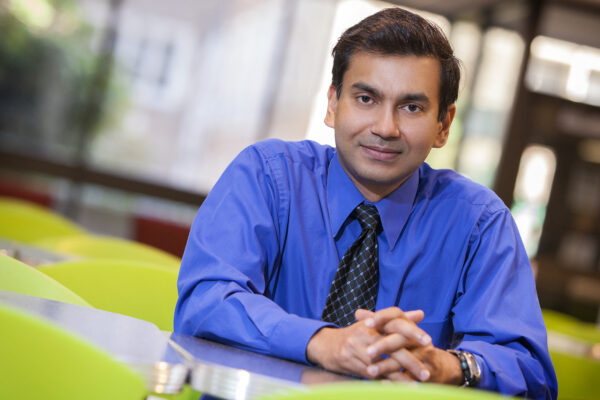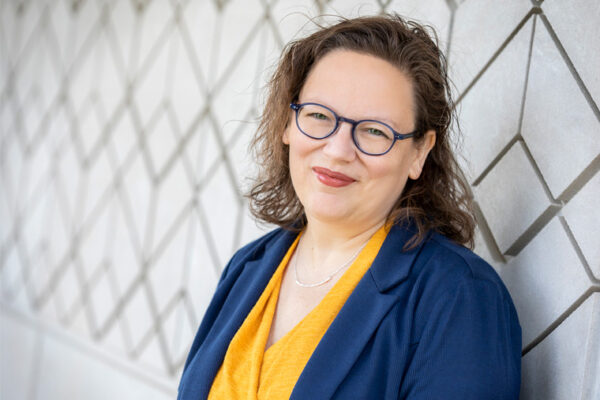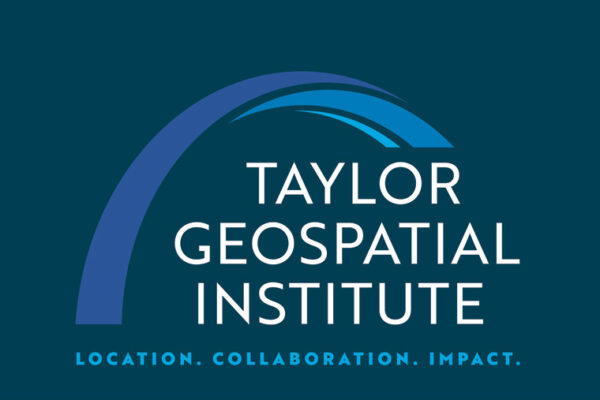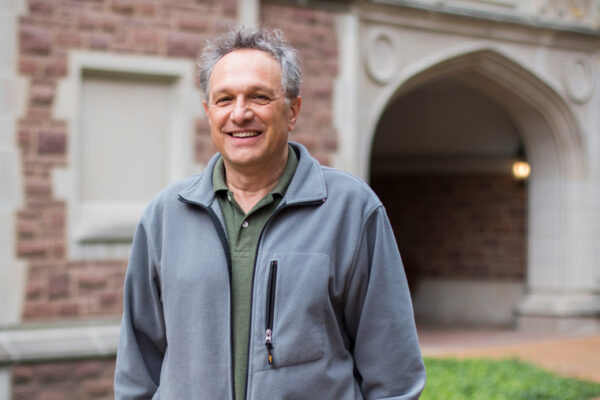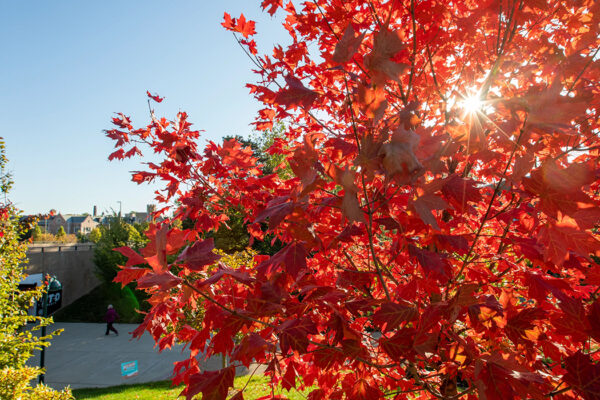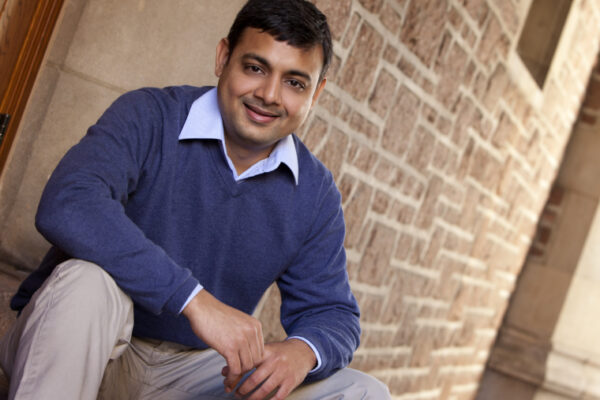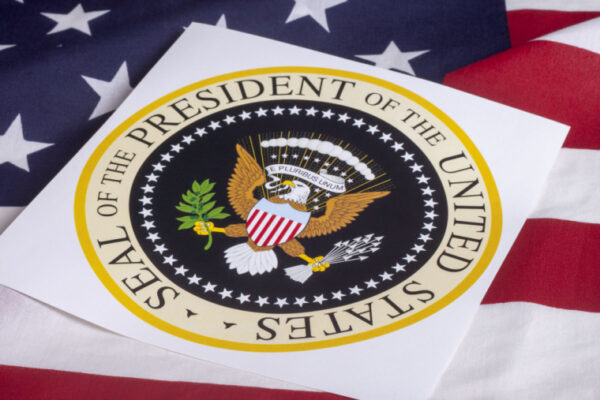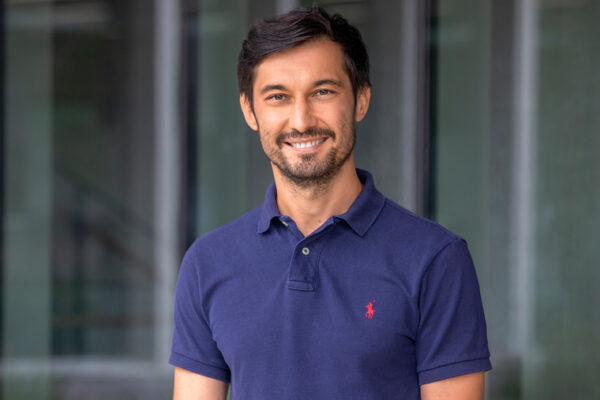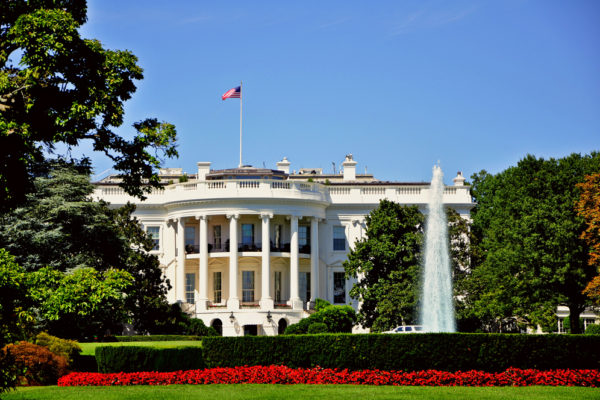Chakrabartty works to make AI more energy efficient
Shantanu Chakrabartty, at the McKelvey School of Engineering, will lead a project funded by a three-year $1.1 million grant from the National Science Foundation to make artificial intelligence systems more energy-efficient.
Oyen and team receive funding to study placental function
An award from Wellcome Leap will support Michelle Oyen’s study of fetal growth restriction during gestational development. The program aims to reduce stillbirth rates by half.
Faculty take part in Geospatial Institute event
Geo-resolution 2022, hosted by the Taylor Geospatial Institute, will bring together experts and students to use geospatial tech to predict and mitigate climate change.
Boyer to study ‘wild religions’
Sociocultural anthropologist Pascal Boyer, in Arts & Sciences, received a $2 million grant from the Templeton Religion Trust to examine historical and modern religious customs that fall outside of institutionalized religion.
No, autumn leaves are not changing color later because of climate change
Biologist Susanne S. Renner in Arts & Sciences explains why trees might actually be starting to turn red and yellow earlier, not later. Brilliant fall color might become a casualty of a warming world.
WashU researchers observe cancer-like nucleoli in healthy cells
A discovery in the lab of Amit Pathak at the McKelvey School of Engineering connects mechanobiology to nuclear condensates in healthy cells.
Roediger presents ‘Presidential Legacies’ session
Most presidents have 100 years until they fade from Americans’ memory. Henry L. “Roddy” Roediger in Arts & Sciences will discuss his research into this and the broader national collective memory on Sept. 29.
Machine learning generates 3D model from 2D pictures
Researchers at the McKelvey School of Engineering have developed a new model that can accurately create a continuous 3D model from a set of 2D images without being trained on previous images.
Kamilov awarded second Scialog grant
Ulugbek Kamilov at the McKelvey School of Engineering has twice been awarded a grant for cutting-edge imaging research.
Bose participates in White House summit on American bioeconomy
Arpita Bose, in Arts & Sciences, attended a White House summit on biotechnology, along with representatives from government and the private sector. In her research at Washington University, Bose harnesses the power of microbes to create new biofuels and bioplastics.
Older Stories
